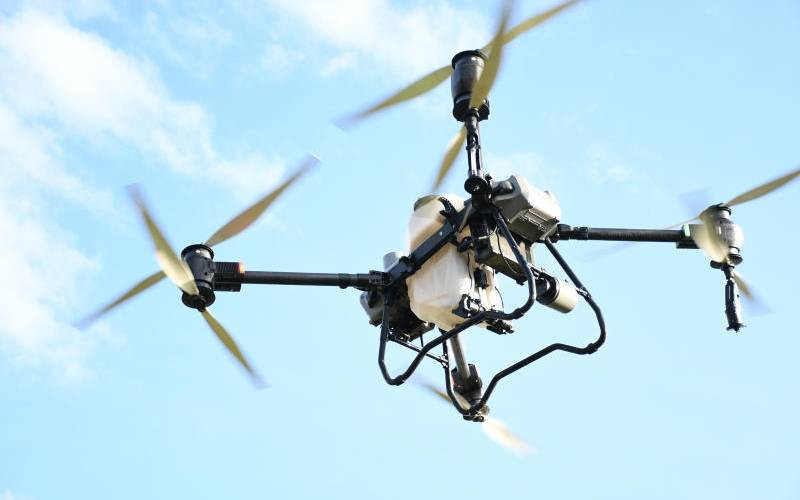I recently attended a two-day African religious leaders’ training that touched on the Artificial Intelligence (AI) risks and opportunities in pastoral work. The risks included the possibility of reduced church attendance and fellowship due to increasing online worship. Others were on privacy, disinformation and contortion of biblical teachings, with Africa left to consume Western technology without a voice in its creation or regulation. There was fear of false prophets, and the fact that algorithms could be manipulated and commercialised.
We live with these risks and are alive to the fact that AI will render many skills irrelevant, leading to job losses. However, tech experts such as Dr Brice Mawudor, who was present, will tell you many positive AI attributes. Knowledge is fast advancing, and it is getting easier to diagnose diseases, including cancers, or predict weather patterns and therefore farm wisely or evade disasters.
The Agribusiness Academy enlists the use of drone and satellite imagery for “high resolution field mapping, crop health monitoring, and early detection of attacks by pests”. Soil sensors are used for real-time measurement of soil health, with clarity on its moisture and nutrient levels before planting. There is the role of GPS-guided equipment for “precise planting patterns and optimal harvesting routes”.
Follow the The Standard
channel
on WhatsApp
Soon we may surrender the hoe to museums, as mechanised and smarter tech-aided farming offer easier ways to farm and deal with the perennial food insecurity in Africa. Mobile digital technology has enhanced farmers’ ability to connect with and monitor markets. Online sources show that between 2012 and 2018, mobile digital technologies had improved agricultural productivity in Africa from 32 per cent to 44 per cent, with a projected 50 per cent improvement by 2025.
These advancements are in Africa, but are not spread optimally. When will the people in my village begin to access, understand and embrace these advancements? Africa has suffered due to data gaps and sometimes limited early warning systems, leading to more damage from extreme weather.
Early warning systems are not only crucial for the safety of communities at the front line of the climate crisis, but also for agriculture, which offers employment to up to 60 per cent of some economies’ populations. This justifies increased push for technology transfer from richer nations, while at the same time budgeting for it locally.
Nairobi conference
This week, Libya hosted the 20th ordinary session of the Africa Ministerial Conference on Environment (AMCEN) in Nairobi, seeking to achieve implementation of the numerous commitments for climate action and dealing with plastic pollution, among other crises. Even with all the AMCEN resolutions at the end of the Nairobi conference yesterday, the African Environment ministers must push for the continent, especially the grassroots communities, to leverage technology. AMCEN should have this as a priority for the next two years.
Africa is youthful, with 60 per cent of its population below age 25. The youth are the latest and newest generation of data scientists. They can minimise climate-induced losses and help improve agricultural yields. They should be adequately represented at key decision-making tables, including at AMCEN, to enlighten stakeholders and influence AI policy. This will help to tackle local environmental issues with local solutions.
Meanwhile, AI does not have to be all Western-oriented. Local AI experts must think of ways to incorporate African languages and culture in AI development, and suggest locally available solutions for local problems.
The writer is a Contributing Editor at Mongabay
Follow the The Standard
channel
on WhatsApp
By Lynet Otieno


